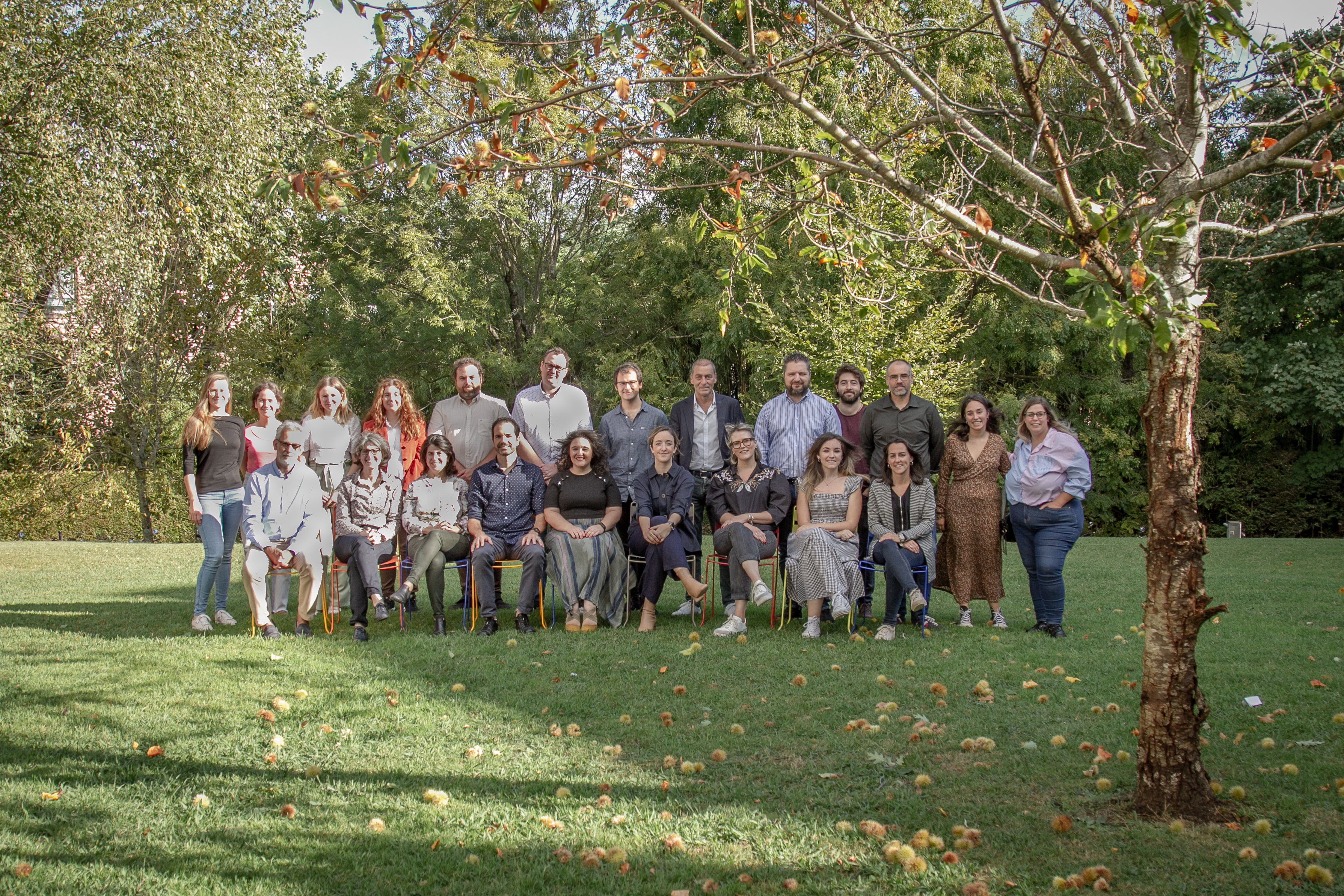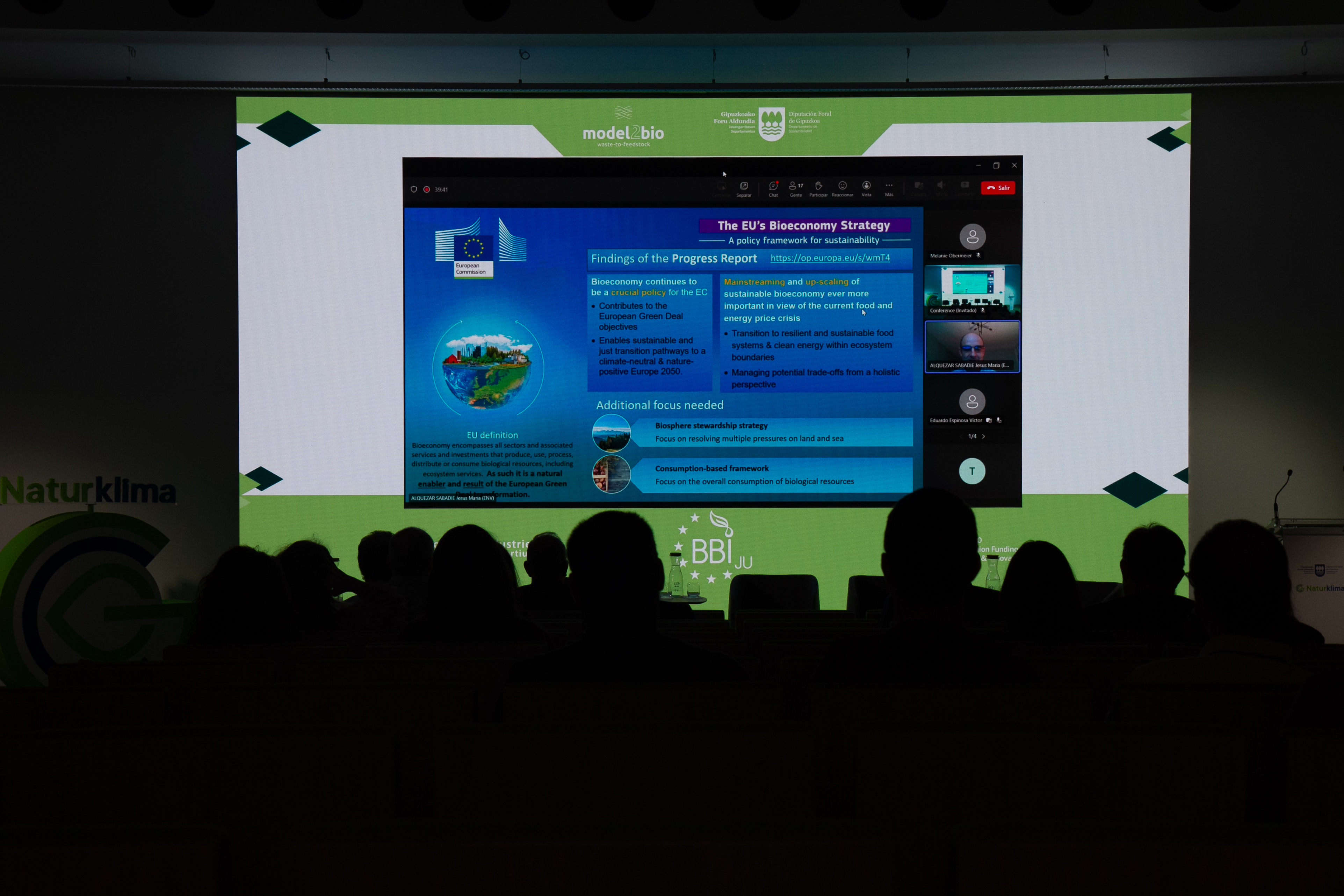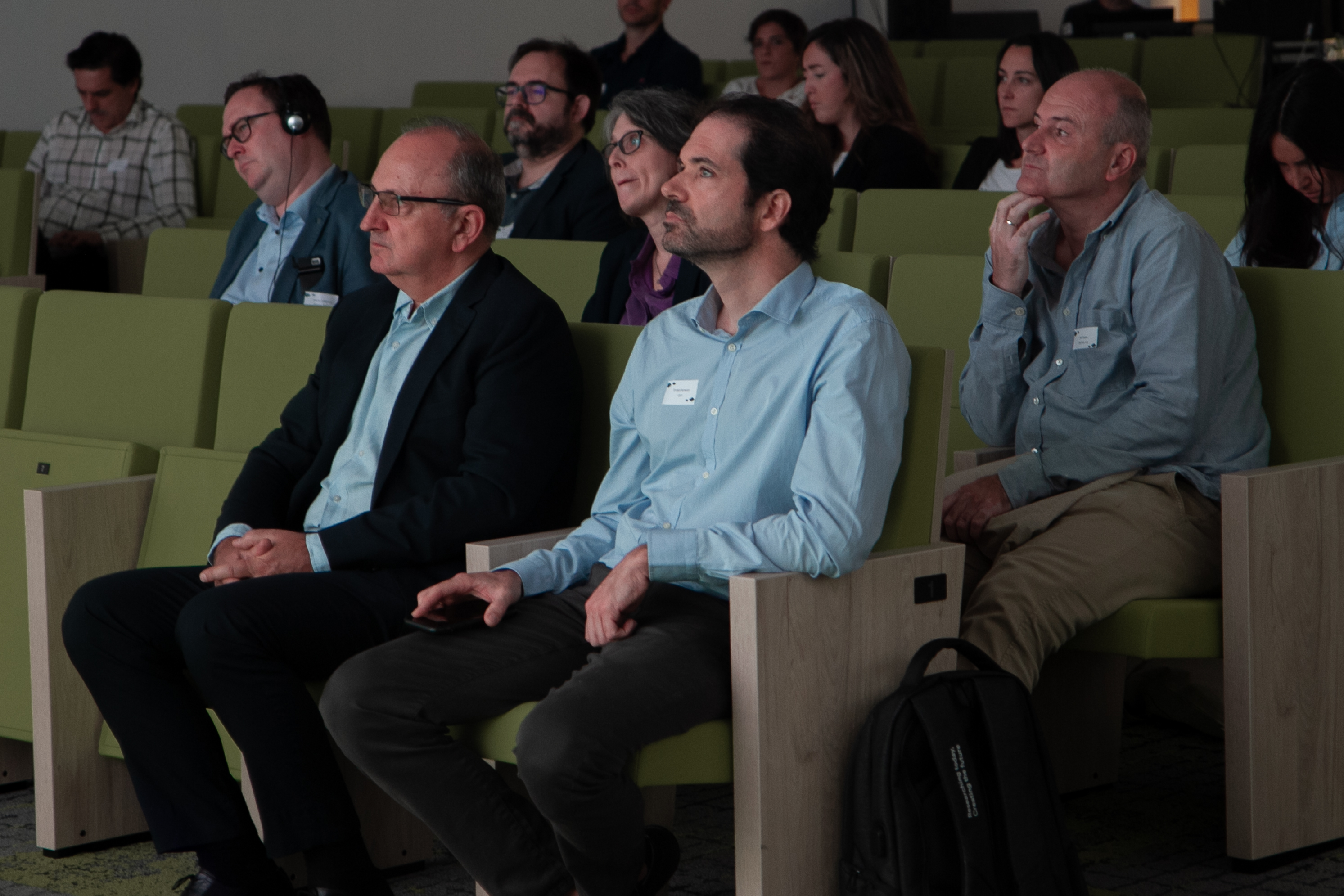News & Events
A tool to give a second life to food waste

26 | 10 | 2023
A software tool, based on mathematical modelling, that provides insight into the usefulness of waste in the agri-food industry and can be replicated in other sectors.
Waste disposal and processing is one of the biggest challenges for our society. Agri-food by-products are a potential substitute for fossil-based resources and have significant added value if they are used as feedstock in bio-based industries. However, most organic streams are highly complex and heterogeneously mixed, making it difficult to select the best way to reuse them.
The Ceit technology centre has coordinated the European Model2Bio project involving various European actors and has developed a tool capable of predicting and giving a second use to waste from the agri-food industry, in order to recycle and reuse it.
A digital tool for the entire value chain
The Model2Bio decision support software tool analyses the valorisation options for each by-product in a given geographical location. This digital tool is able to estimate the type and quantity of bio-based products generated, the energy produced, the net operating costs along the value chain and the amount of waste generated. The analysis covers the entire value chain, from the industry that generates the by-product to the company that adds value to it, while considering all the logistical and management processes in between.
Model2Bio has adopted a holistic perspective for the selection and prioritisation of valorisation routes, taking into account technical, economic, environmental and social aspects. In a first stage, the tool performs a technical and economic prioritisation to select the best valorisation options, and subsequently, these priorities are analysed from an environmental and social perspective.
The research process has included the testing and validation of the Model2Bio prototype in meat, vegetable, dairy and beverage industries in Spain, Belgium, the Netherlands and Greece.
This project, coordinated by Ceit, has involved the participation of industrial companies, technology centres, universities and various organisations, which has made it possible to obtain a heterogeneous and complementary vision on the subject. This software tool is expected to have a great impact on the transition towards a circular economy, especially considering that in the EU-27 around 2,300 million tonnes of waste are generated per year, of which 88 million tonnes correspond to unavoidable waste from the food supply chain and food waste in the last stages of the supply chain (equivalent to 0.25 million tonnes per day).
Closing of the project in San Sebastian
The project ended on 19 October with a workshop jointly organised by Model2Bio and the Department of Sustainability of the Provincial Council of Gipuzkoa. The event entitled "Waste management and new recovery options: Bioeconomy as an opportunity for regional development" brought together leading agents from the agri-food sector and experts in waste management at the Naturklima building in Eskuzaitzeta, with the main objective of promoting a dialogue around the sustainable management of by-products in the agri-food industry and aimed at exploring the opportunities offered by the bioeconomy for regional development.

Workshop "Waste management and new recovery options" organised by Model2Bio and the Provincial Council of Gipuzkoa.
Model2Bio has been funded by the Bio-Based Industries Joint Undertaking (BBI JU) initiative of the Horizon 2020 Programme, the European programme for research and innovation in various thematic areas. The project, within the context of the Circular Economy, is aligned with the European objective of significantly reducing the amount of bio-waste sent to landfills, and is presented as a promising substitute for fossil fuel-based resources, intended to serve as raw material for bio-based industries.
